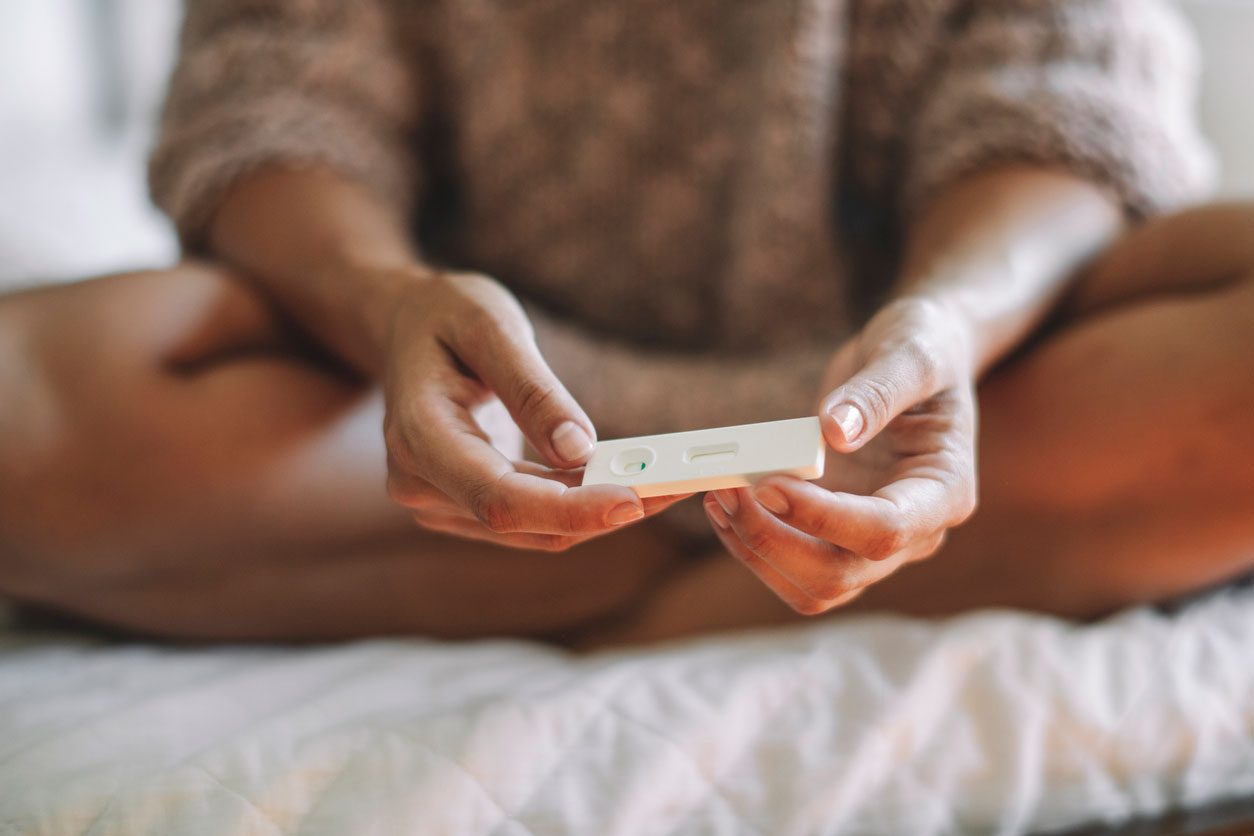Will I be able to get pregnant?
Women are most fertile in their twenties and start to see a decrease in fertility around age 35. Around age 37, fertility declines more rapidly. By age 35, women have more than 50% odds of conceiving during their first year of trying.
According to the CDC, around 10 percent of women age 15 to 44 have trouble getting or staying pregnant. Around one-third of couples in which the woman trying to conceive is over 35 have fertility problems. Along with age-related changes, a number of health conditions can make it difficult or impossible for a woman to conceive. These include ovulation disorders, damage to the fallopian tubes, cervical or uterine abnormalities, early menopause, endometriosis, cancer, and cancer treatments.
What is infertility?
For a woman under age 35, infertility means not getting pregnant after having frequent, unprotected sex for one year. For women who are 35 and older, infertility is the inability to get pregnant after trying for six months. Keep in mind that men can contribute to infertility, too—this isn’t just a problem that affects women. Male infertility contributes to around one-third of all fertility problems.
At what point in trying to conceive should I see my doctor about fertility?
Women under age 35 typically try to conceive for one year before meeting with a fertility doctor. Women age 35 or older should see a doctor after six months of trying to conceive. For women over 40, the recommendation is to see a doctor right away.
My cycle is irregular, does this mean I may have fertility problems?
Irregular cycles or not getting your period means you may not be ovulating every month. This can be caused by various conditions. These include polycystic ovary syndrome (PCOS), stress, weight, thyroid conditions, and perimenopause. Any condition that causes irregular ovulation and periods can make it more difficult for you to get pregnant. Ovulation is a necessary step in getting pregnant. Keep in mind that irregular periods do not mean you won’t be able to conceive.
Is there anything I can do to protect my fertility?
Your overall health is directly connected to your reproductive health. It’s important to keep lifestyle factors like exercise, nutrition, and alcohol use in mind as you’re trying to conceive. Try to maintain a healthy body weight, avoid smoking and heavy alcohol use, and limit stress.
If you would like to meet with a knowledgeable doctor, consider contacting Women’s Health Arizona. As Arizona’s largest ObGyn group, we’re trained and solely dedicated to delivering the best ObGyn experience in convenient and comfortable settings around Phoenix.

